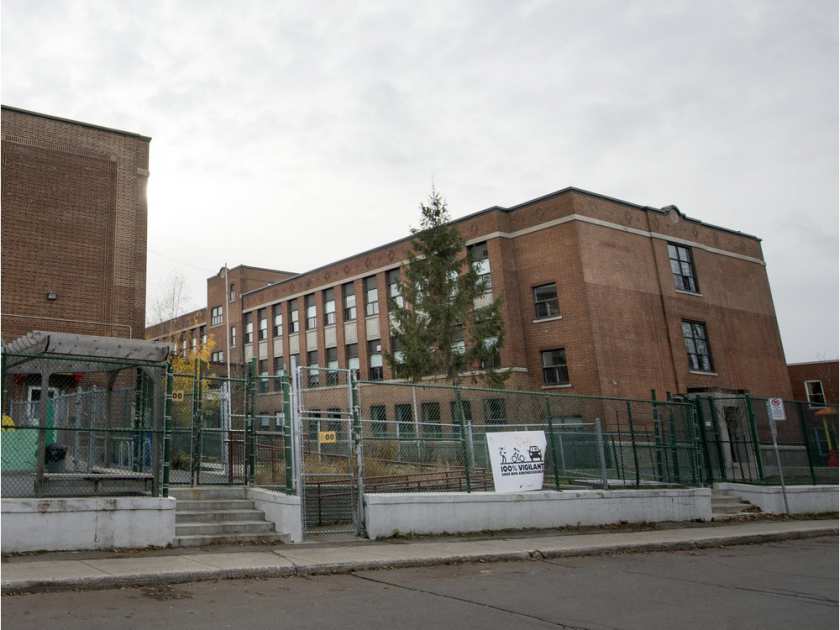Lester B. Pearson School Board chair Suanne Stein Day hasn’t received a formal answer from the Quebec government about her request to invoke Article 85.1 of Bill 101 so that children of Syrian refugees could attend English schools on humanitarian grounds.
But the signals sent out by the government don’t sound promising.
“All (Immigration Minister Kathleen Weil) would say to me is ‘the law is the law’,” Stein Day said. “I find that a shame. We’re not asking for permission to break the law. We’re asking the government to invoke the humanitarian clause which it has been done in the past on an individual basis. This is a unique situation which calls for a unique solution.”
Stein Day said the school board sent a letter on Nov. 10 to Premier Philippe Couillard’s office as well as Weil, Education Minister François Blais, and the eight MNAs who represent the Pearson school board region.
It’s been a week and she is still waiting to hear back from the Quebec government.
“We certainly have the room,” Stein Day said. “At Verdun Elementary alone, we could take 400 students.”
When contacted by the Montreal Gazette and asked specifically about the possibility of invoking the Charter of the French Language’s humanitarian clause, Blais’s press attaché Julie White sidestepped the question saying, “in the welcoming of the (children of) Syrian refugees to our schools, we will respect Bill 101.”
Syrian refugees have been trickling into Quebec since January, but with a new federal government in place and a prime minister who has promised to bring 25,000 Syrian refugees to Canada before the end of December, the trickle could well become a forceful flow and when they arrive, the children will need to go to school. Up to 6,000 Syrian refugees could settle in Quebec and an estimated one-third of them would be of school age.
While the French school boards are operating at capacity with new schools being built to accommodate the steady increase in student population, the Pearson board, which stretches from Verdun west to the Ontario border, is experiencing a steady shrink in student numbers. Less than one-quarter of Pearson schools are expected to see an increase in enrolment in the next academic year.
Stein Day said in some instances up to 85 per cent of the Pearson curriculum is taught in French and 15 per cent in English. She said learning English is always an important asset, but that the school board would be willing to modify that ratio if the government asked.
“We have always had two goals at the LBPSB,” she said. “To educate the students and to prepare them to have the skills to be able to stay in this province.”
Stein Day’s offer to the government comes days before the Pearson board holds three days of public consultations to discuss the future of schools struggling to keep up enrolment numbers.
“We have room at Riverview Elementary, Beurling High School, St-Lawrence Academy,” she said. “We could accommodate 1,000-plus students. We have the buildings. We would just need to hire the teachers.”
Stein Day is hoping to receive an official response, but will not “fight it” if she is turned down, even though she feels more and more that the English community is being marginalized by a government that “takes it for granted” and that the anglophone presence and contribution in the public sector is being squeezed out.
“I’m making this offer in good faith,” she said. “Maybe it’s time for them to think outside the box.”
The Pearson board is responsible for 39 elementary schools, 13 secondary schools, three adult education centres and five vocational-training centres.
Pearson board still waiting for response from Quebec over offer to help educate Syrian refugees



































Laissez un commentaire Votre adresse courriel ne sera pas publiée.
Veuillez vous connecter afin de laisser un commentaire.
Aucun commentaire trouvé